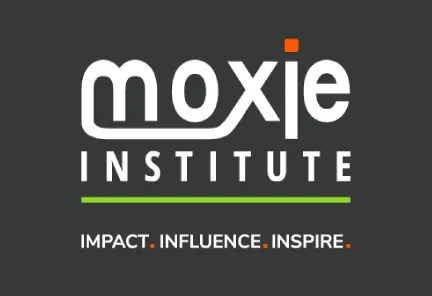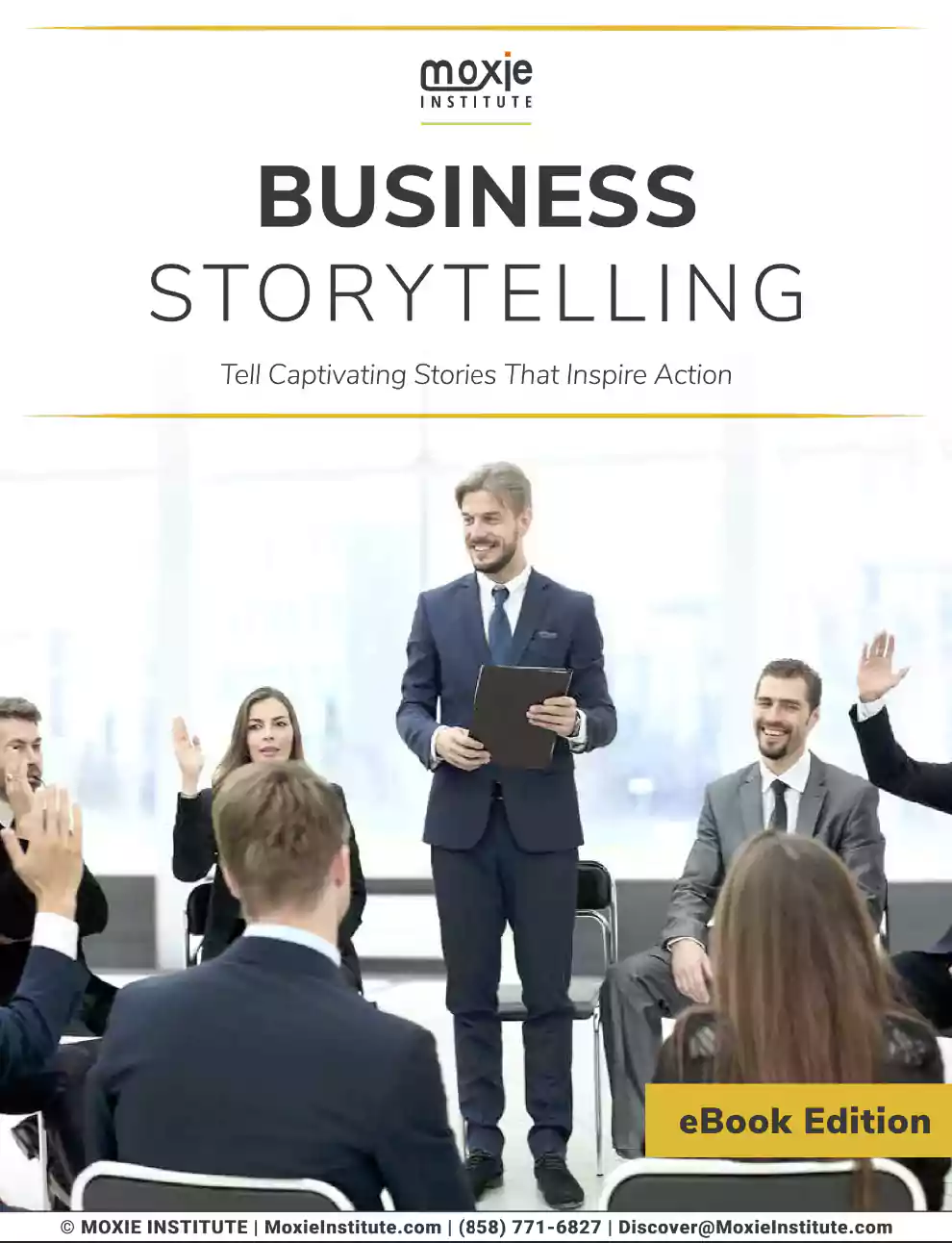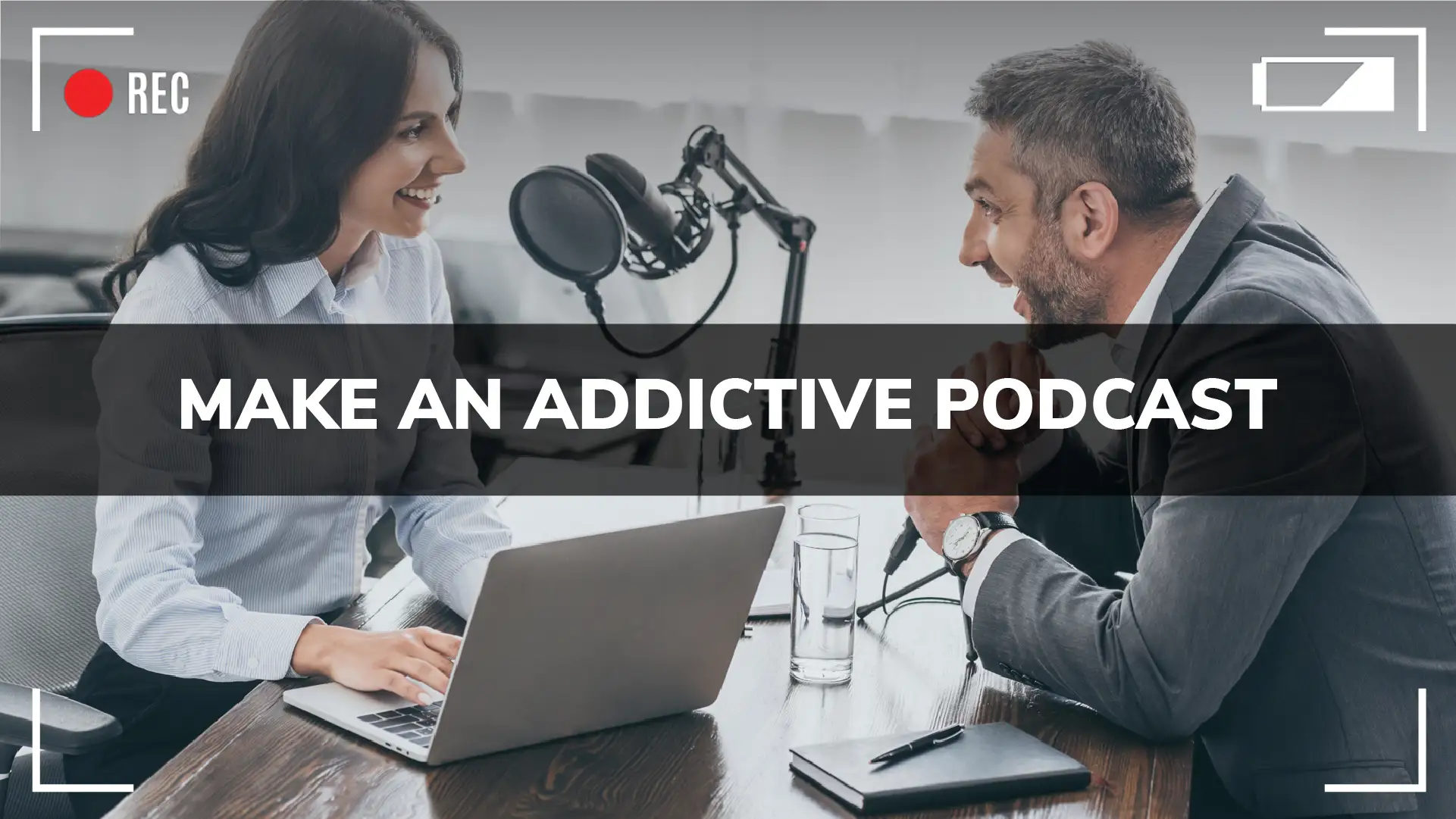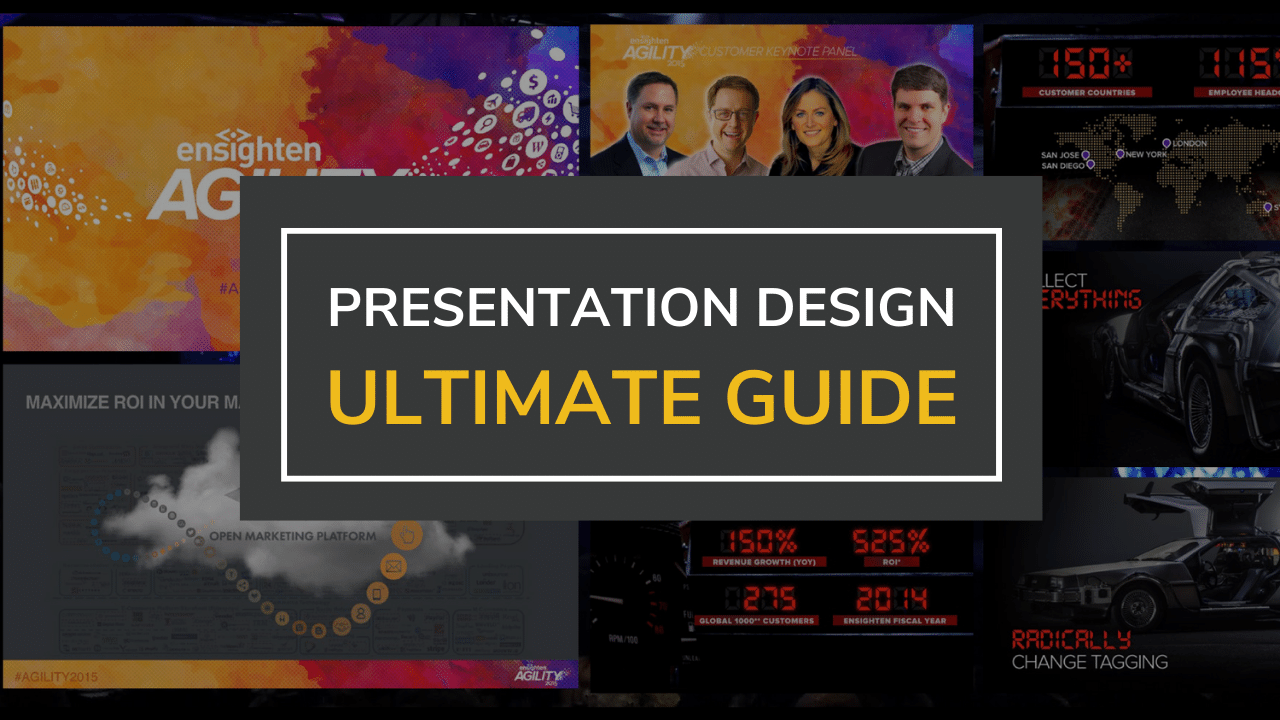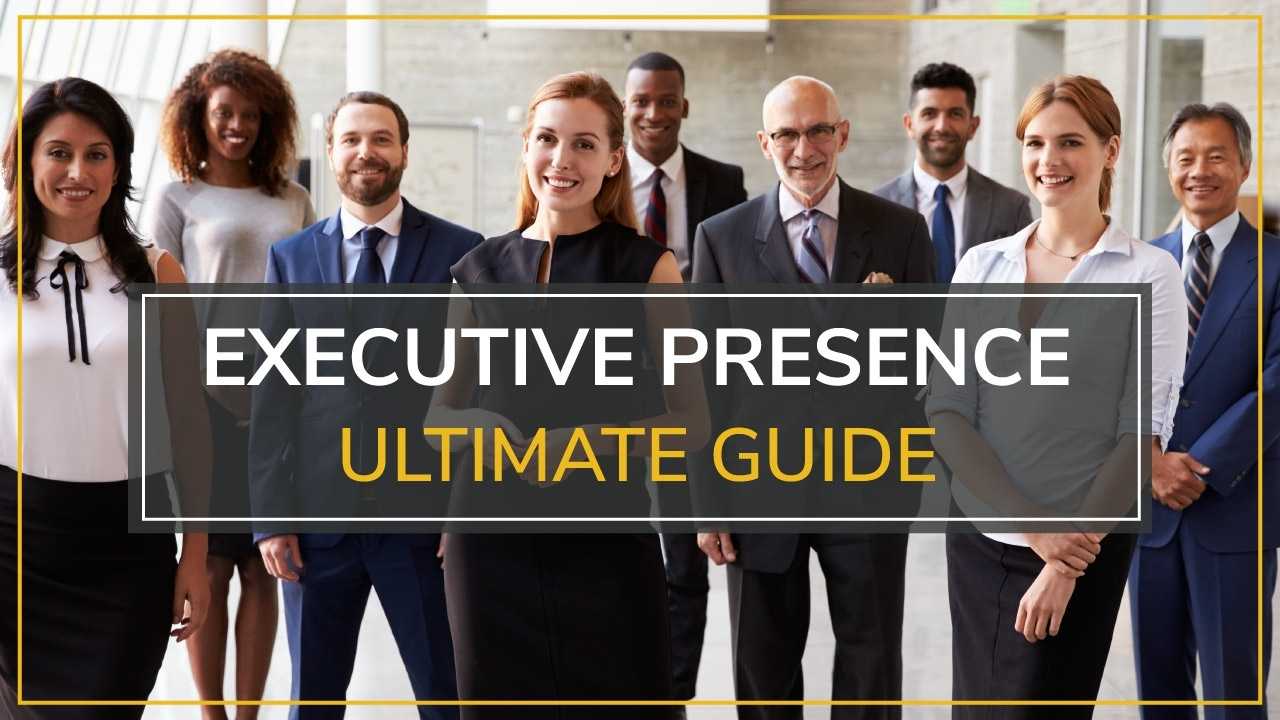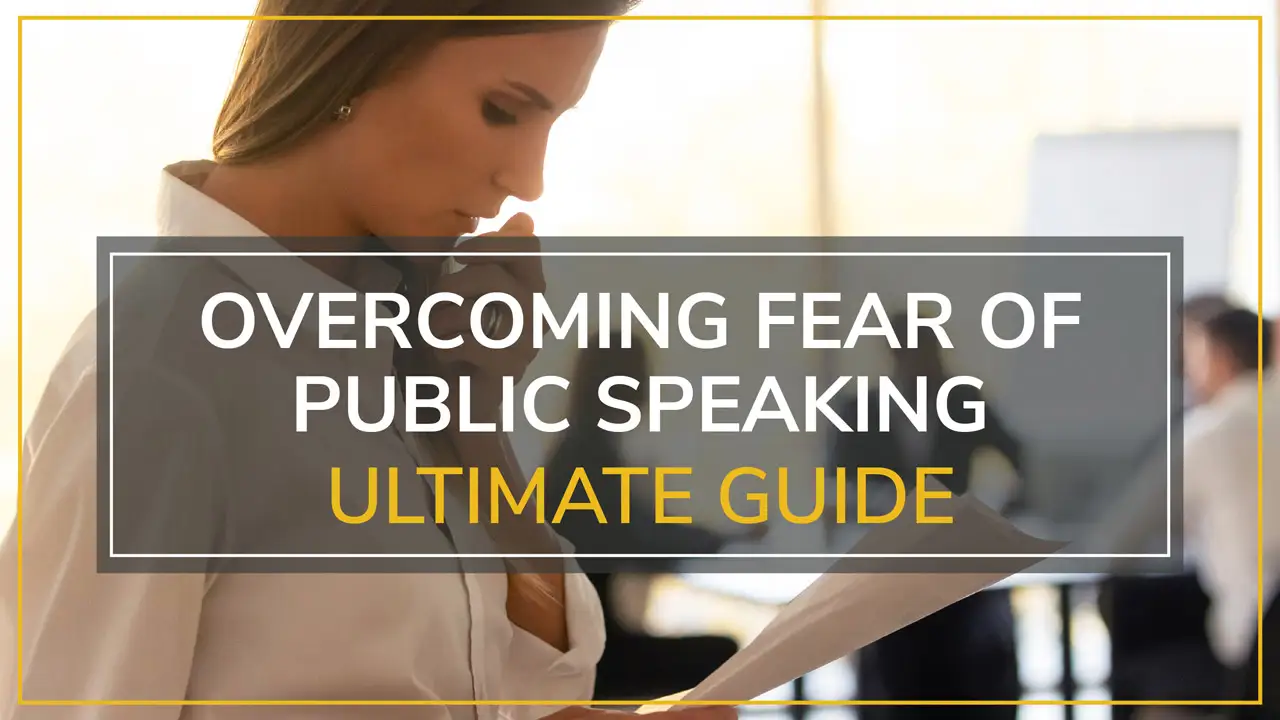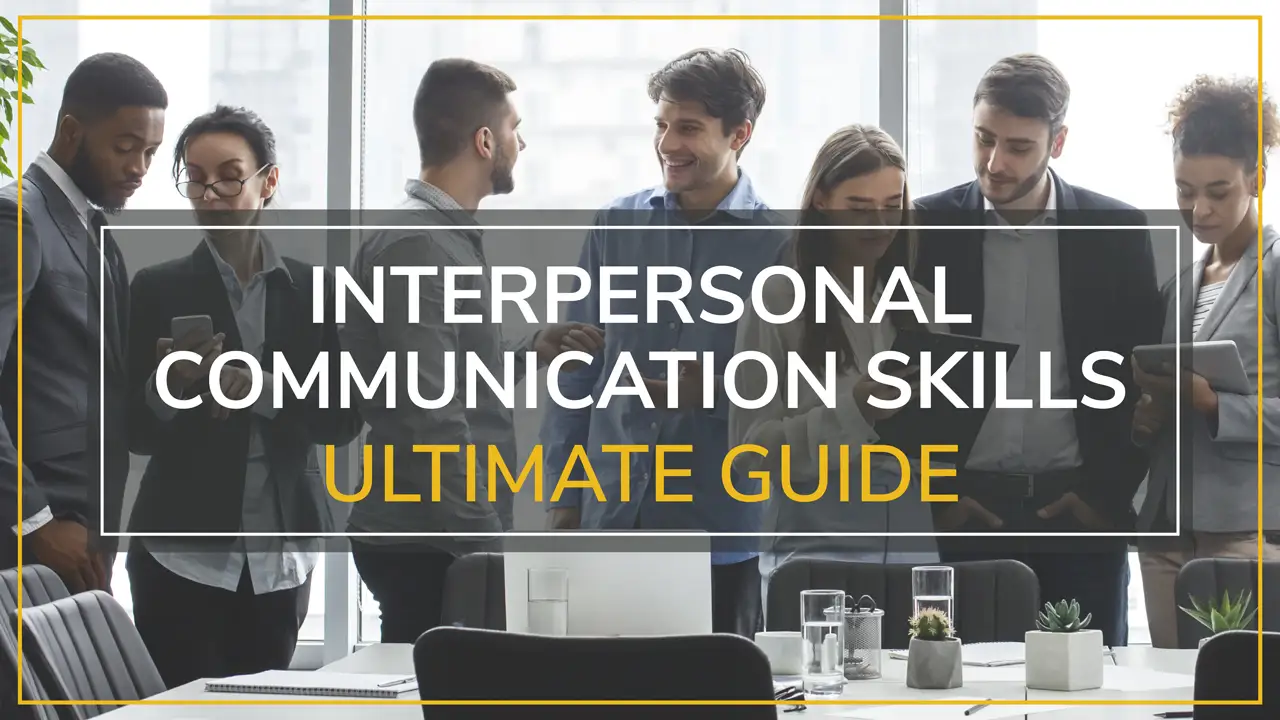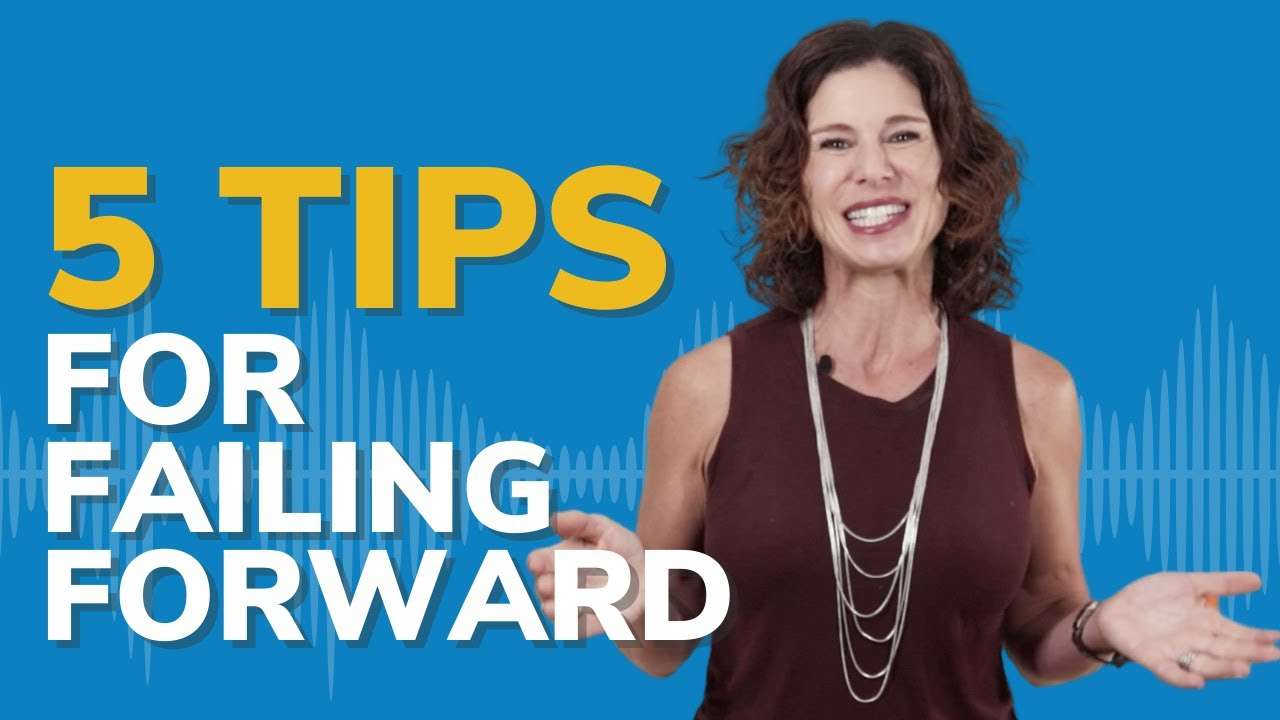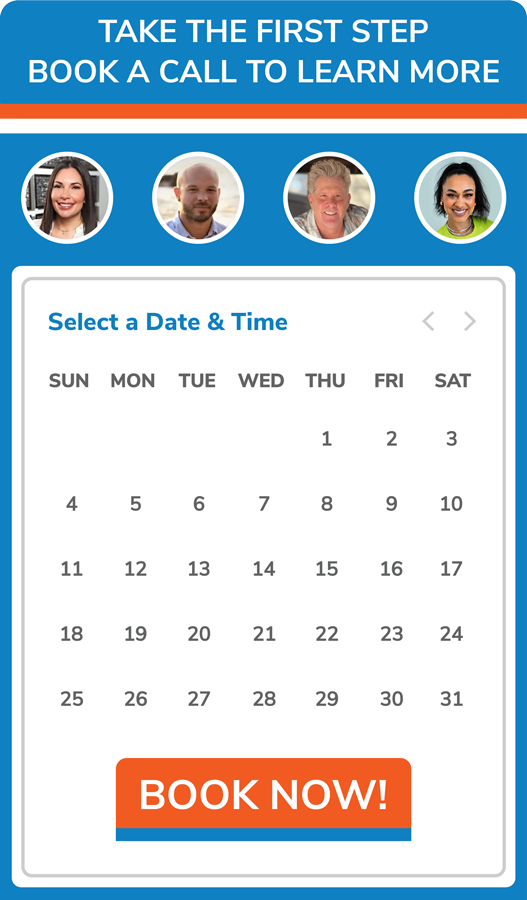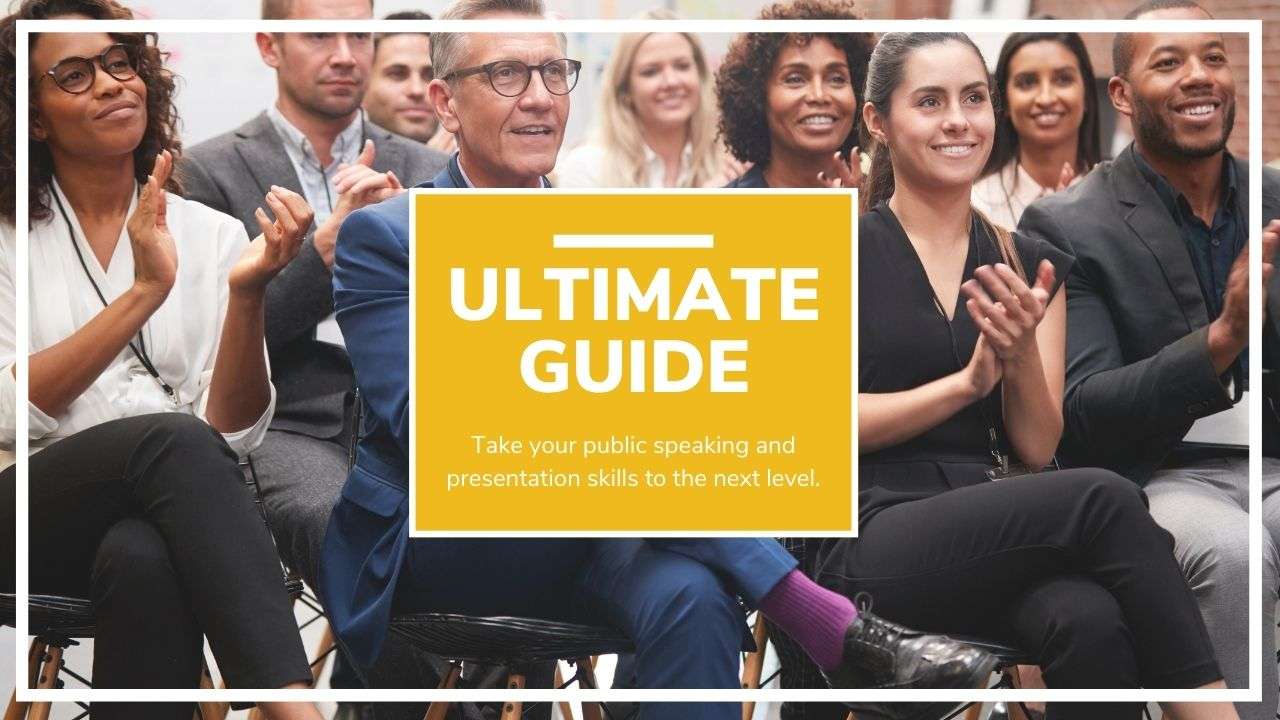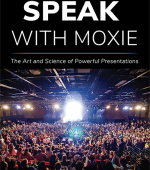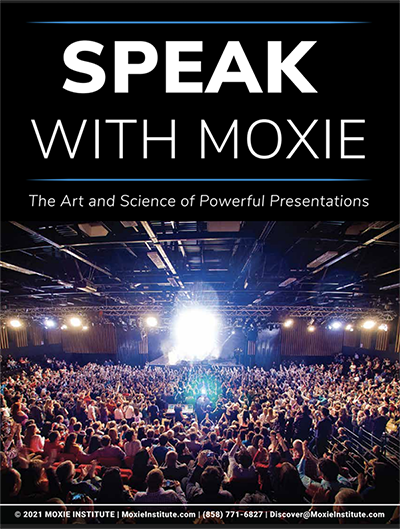Radio isn’t going anywhere, but with an estimated 120 million podcast listeners in 2021 and numbers still rising, it has some stiff competition from podcasts.
Traditional radio shows have to appeal to the widest audience possible and they have to compete with other shows for prime time slots. In contrast, with over 2 million podcasts in existence already, the number of podcast topics is staggeringly diverse.
Programs can be accessed at any time on a number of platforms. If you’ve ever fantasized about being a legend of the radio airwaves or speaking your truth to a wide audience of listeners, then podcasting could be for you.
The pace of modern life hasn’t diminished the public’s hunger for information. And while not everyone has time to read, there are plenty of people that have time to listen.
Thus audio-based content is rising in popularity since it allows people to consume valuable content while they’re busy doing other things.
That content needs to include yours.
How to Record a Podcast
Recording a podcast takes hardware, software, and brainwork.
Before you lay down a single dollar for hardware or software, let’s talk about the brainwork part—scripting your episodes.
Some podcast episodes are scripted from beginning to end. Every spoken word is in print and there’s no room for deviation. This is both good and bad.
It’s good because it means that you’ll never repeat yourself or muck around. There won’t be any dead air as you find your way to the next logical string of speech. But a 100% scripted episode has zero spontaneity. The spark of naturalness will be missing. If that’s what you want, then by all means, proceed. There is an audience for such content. But prepare to be putting in long hours crafting and molding each episode to perfection.
A lighter approach, such as an outline, is popular. Something as basic as a set of bullet points could guide an episode along without the imperfections of winging it. This gives the participants greater freedom of expressing themselves naturally. There’s room for spur-of-the-moment inspiration.
But this also ups the waffle factor. There will likely be more moments when you just don’t know what to say next, and redundant speech is used to fill dead air. Overall, episodes are bound to be longer.
Most podcasters find that the solution lies somewhere in the middle. You could start off with a heavily detailed script and then trim your process as you gain more experience. You’ll have to experiment to find what works for you.
Then there’s the content of the episode.
When your listeners tune in, they’ll be hoping for at least one of three basic things:
- An answer to their questions
- A solution to the problems
- Some insight on their struggles
If you consistently deliver on one of those points, you’ll have fans for life. The not-so-big secret is investing time and effort in keyword research (with an angle towards podcasting).
Next up: Choosing your equipment.
One thing is certain about podcasts. You’ll need a mic. A USB microphone will do you just fine if your podcast features only one person. But if you’re planning on having guests or a co-host, then you’ll be investing in a digital recorder with several XLR microphones.
USB Microphones plug directly into your computer and don’t require any extra hardware to start recording. They’re basic and easy.
XLR Microphones are the stuff of rockstars and audio tech professionals. Their versatility is endless, but you’ll need a digital recorder to capture the sound for editing.
Why not just get several USB microphones? Your computer will have a hard time determining which microphone is which if you try to record into a single computer. Your audio won’t turn out quite the way you hope.
Some digital recorders are specifically made with podcasting in mind. This particular model is an excellent example, allowing 4 XLR microphones at once and providing a few features that podcasters in particular would want, such as a sound pad for adding music and sound effects in real time. This is a plus if your shows are going to be live.
Are we out of the woods yet? One last stop: Talking about software.
The software, or the Digital Audio Workstation (DAW) is where the music is mixed in, sound effects are added, and the overall sound is cleaned up. Was there a spot where there was 30 seconds of silence? Trim it out with the DAW. Then mix everything down into a MP3 file and you’re ready to upload.
Your options are many, but we’ll talk about two of the leading software packages, Audacity and Adobe Audition.
Audacity is straightforward, powerful, and free. If you’re just starting out in Podcast Land, Audacity should be more than enough. It’s the choice of many professionals due to its quality. But if you have the itch to spend money on the upscale, subscription-based Audition, knock yourself out. You’ll find there isn’t much that separates them when it comes to podcasting.
Podcast Topics
Choosing your topic is a compromise between you and your listeners. If the topic is of great interest to your audience but none to you, you’ll burn out. What little content you produce will feel flat.
If the topic is of great interest to you but not your audience, you’ll be making your content for an audience of one!
Here are some of the most popular podcast topics to help you get started:
- Investigative Journalism
As the public becomes more critical of mainstream media, independent voices are more welcome and trusted. You no longer need a degree in journalism to get out there and bring the news to the people. - Talkshows
You could join the greats of talk media, like Oprah, Donohue, and Larry King. They each got started with that first show like you. - True Crime
The world is obsessed with true crime and trying to understand why offenders do the things they do. If you can make true crime dramatic, informative, or even insightful, you will always have a following. - Radio Drama
Audio-based theater has a long, rich history. It has experienced a renaissance in recent times with the world being glutted with movies and video streaming, especially in the age of Covid-19. Resources such as music and sound effects can be produced at home or licensed for a small fee. If you have a talent for voice work, you could be a one-person production house. - Narration
Public domain stories and writings are littering the internet, and people want someone to read these things to them. Whether you write your own material or narrate pieces you find in the public domain, there will be an audience that is grateful to hear your voice reading things that they don’t have time to consume on their own.
Your podcast topics don’t have to be focused on entertainment.
If you’re an expert on any subject, you can put together a subscription-based podcast that is structured like a home-learning course. You could hook listeners by offering a certain amount of information for free, and then reserve the biggest secrets for those who are willing to pay a subscription.
Don’t forget that podcasts and videos are now a preferred method of affordable learning. College-level information is now found in podcasts and YouTube videos.
So don’t just entertain—educate!
People are looking for content that will add value to their daily lives.
Video Podcasting?
Sounds like a contradiction in terms. Yet an increasing number of podcasts give listeners the option of listening to the entire episode on YouTube.
Sometimes the video is just a static image over the audio. Other podcasters are adding elements like looped animations so that your eyes and ears are both occupied.
Still others have full-length footage of the recording session as it happens. It’s a treat for those who want to see what studio production actually looks like and put a face to the voices they love listening to.
So yes, your podcast could be entirely based around YouTube. But you still want your focus to be how it sounds, not how it looks.
The Most Important Factor For A Successful Podcast
What will ultimately make or break your podcast is your capability as a speaker.
With readers, you provide the words and their own inner voice and imagination takes care of the rest. As a podcaster, you take the place of that inner voice. It’s up to you to deliver more of the magic. How do you do this?
You speak like music.
What’s the difference between music and static?
Static has no variety. Its aspects stay the same. The same volume, the same tone, the same everything. Music has a variety of sounds and rhythm. This is the key to producing a podcast that is “music” to your listeners’ ears. Our brains like variety.
The Three Ps of Podcasting
Think of yourself as a full orchestra contained in one body. Your voice is the most amazing, most versatile, most powerful musical instrument ever made.
A voice without variety is like a story composed of solid blocks of text with no spaces and no punctuation. Nothing stands out.
There are three p’s that you need to remember: Pace, Pitch, and Power.
Pace
Pace is how quickly you speak.
Slowing down your pace adds emphasis to the most central, critical, or key details. Speeding up adds intensity.
Speaking at the same speed for an entire program is monotonous and coma-inducing. So changing up your speed adds interest and color to the experience. This calls for moments where you allow for a healthy pause.
The longer the pause, the more weight is added to the point.This is in contrast to getting less important information out of the way by speeding up your pace.
In written form:
Fast: The man sprinted down the alleyway sending trash cans crashing to the ground while his pursuers leaped and dodged the litter flying their way.
Slow: The man stopped at the edge of the alleyway. Staring into pitch black darkness. Sirens in the distance grew louder with every heartbeat. He took a step forward.
Pitch
What sets the keys on a piano apart? The pitch of the notes. In natural speech, we vary our pitch almost without thinking about it. Anyone that never changes up their pitch sounds like a robot.
Higher pitches tend to add drama or intensity to a statement. Changes in pitch can change the meaning of a sentence altogether.
To get the idea, try saying the phrase: “What were you thinking!?” going higher the first time and lower the second.
Power
Well we tend to think of music as either loud or soft, and all music has moments where it fluctuates between the two. It’s another way of breaking the sound up and preventing it from being one long solid block of sound.
Your selective use of volume will also add interest to your podcast. Think about it.
If you were loud from beginning to end, your podcast might be misinterpreted as a rant. (If it is a rant, then carry on.) Otherwise, sustained loudness normally takes a lot of mental energy for people to keep listening.
Podcasts that feature nothing but soft speaking are usually in the ASMR genre, which helps people fall asleep. But if you want people to stay awake for your content, then there’s going to have to be a healthy mix of loud and soft volume.
Bad: “IT’S A TRAVESTY THAT WE ALL HAVE TO DEAL WITH THESE CONSEQUENCES WHEN THE ONES WHO CAUSED THEM WALK AWAY LAUGHING!”
Good: “It’s a TRAVESTY that we all have to deal with these consequences when the ones who caused them walk away LAUGHING!”
Storytelling
The artful combination of pitch, pace, and power is the basic building block of storytelling. But this is still an entire art unto itself.
If you’re not a natural storyteller, don’t fret. You can learn. This is why writers encourage you to read as much as possible. Like music, the more you listen to it, the more you get an ear (or an eye) for good storytelling and bad.
If time is critical, you can hasten the learning process by hiring a coach or taking an online class from home. Even the most “dry” podcast topics rely on some level of storytelling to keep listeners interested.
Value, Value, Value
By now, you might have noticed that the three P’s can make any subject more listenable. This will save you a lot of trouble—it means that your success isn’t just a matter of finding the most interesting podcast topics. You can take almost any topic and make it interesting with the 3 Ps.
If you’re going to go to the trouble of making addictive content, this will call on you to be consistent in your output. You are now a source of information and entertainment that your fans depend on.
They’re staking a measure of peace of mind in you and what you create. If they’re used to hearing a new episode every two weeks and you go two months without giving them anything, they will feel abandoned and will turn to more reliable sources.
In the words of one podcast producer,
“Treat your podcast like it has an audience of a billion and treat everyone in your audience like VIP.”
Find a topic, find a microphone, find your voice, and you will find your audience.
TAKE THE FIRST STEP TO MASTER POWERFUL NEW SKILLS
Schedule an easy 30-minute call using our using our calendar. We’re here to help!
